Search Images
Browse Content (p. 1666)
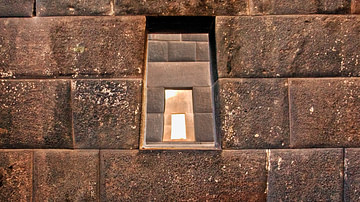
Image
Inca Trapezoid Windows
Typical imperial Inca trapezoid windows from the sacred precinct of Coricancha, Cuzco, c. 1438 CE.
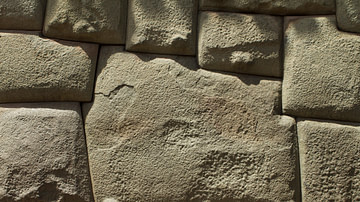
Image
Inca 12 Angle Stone
The famous stone from an Inca wall in Cuzco, Peru. The stone has 12 angles and illustrates the great precision Inca masons employed in ensuring their stone blocks fitted so well together that no mortar was needed. (15th century CE).
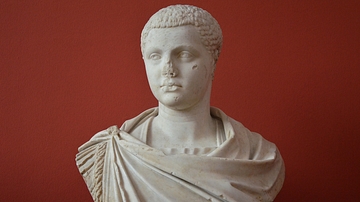
Image
Elagabalus Bust
Marble bust of Roman emperor Elagabalus, ruled 218-222 CE. (Ny Carlsberg Glyptotek, Copenhagen).
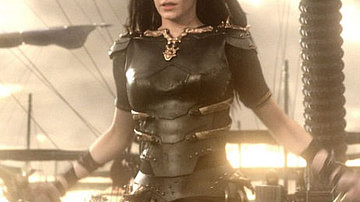
Image
Artemisia of Caria
Artemisia I of Caria as depicted in the fictional Hollywood movie 300: Rise of an Empire, played by Eva Green. This depiction is a modern cinematic representation of the character and does not reflect the historical Artemisia. This...
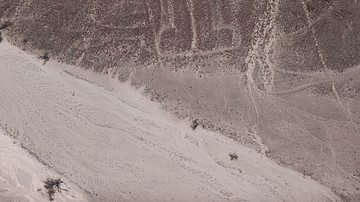
Image
Nazca Line Human Figure
A Nazca geoglyph depicting a human figure. The designs and lines created on the desert floor of southern Peru are known collectively as the 'Nazca Lines' and were made over several centuries between 200 BCE and 500 CE. Their exact purpose...
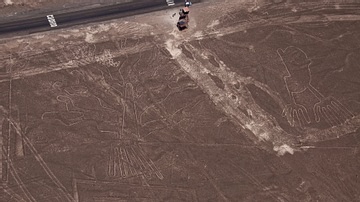
Image
Nazca Line Cactus
A Nazca geoglyph depicting a cactus. The designs and lines created on the desert floor of southern Peru are known collectively as the 'Nazca Lines' and were made over several centuries between 200 BCE and 500 CE. Their exact purpose is not...
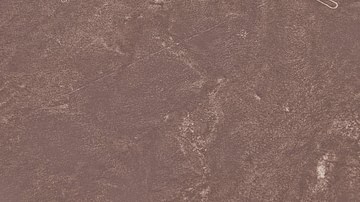
Image
Nazca Line Hummingbird
A Nazca geoglyph depicting a hummingbird. The designs and lines created on the desert floor of southern Peru are known collectively as the 'Nazca Lines' and were made over several centuries between 200 BCE and 500 CE. Their exact purpose...

Image
Xerxes I Relief
A relief with a representation of Persian King Xerxes I. 5th century BCE, Persepolis.
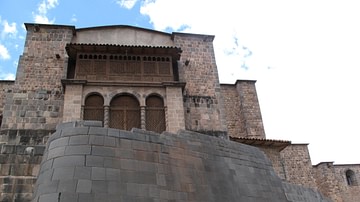
Image
Coricancha Circuit Wall
Part of the surviving wall from the Inca sacred precinct of Coricancha at Cuzco, 15th century CE. The site was reused for the monastery of Santo Domingo.
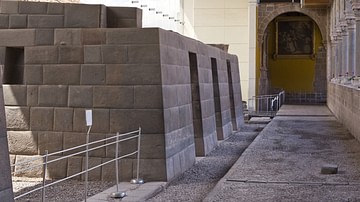
Image
Coricancha, Cuzco
One of the reconstructed temples from Coricancha, the sacred Inca precinct at Cuzco. 15th century CE.